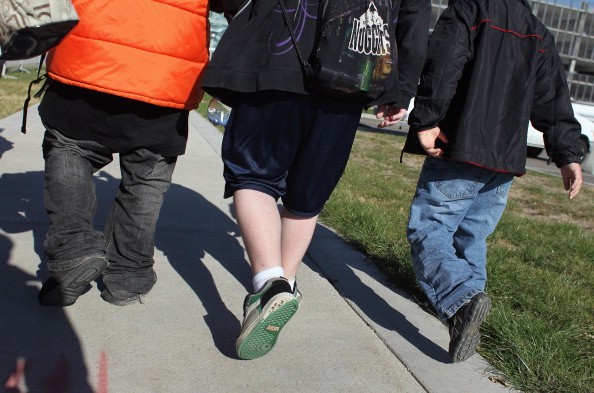
Girls, let's talk about you. At what age did you have your first period? Was it when you're 10 or earlier than that? The answers to these questions matter for one simple reason: they can be indicative of your risk of developing cardiovascular diseases and certain types of cancer.
A girl's first period is always nerve-racking and exciting at the same time. It's the best time to say that you're officially a lady! You're no longer a child anymore and that you're entitled to certain liberties.
But along with it are the many different changes happening in the body. Your hips and waist can become wider, and your breasts can gain some size. Most of all, in the long term, they can affect your overall health.
In one of the latest publications of Circulation, a research points out that those women who experienced their first period very early-that is, 10 years old and below-has an increased risk of developing hypertension, stroke, and heart disorder. The same risk may be attributed to women who had theirs late, around 17 years old and older.
The study was conducted by a cancer epidemiology team of the University of Oxford. With Dr. Dexter Canoy as the lead author, the team analyzed the health records of over 1 million UK women between the ages of 50 and 64 years old. They also extended the range of their data to more than 10 years.
Women who had their menstruation way early or later than 13 years old have an increased risk of death or hospitalization by 27% compared to women who had their menstruation when they were 13. Their risk of dying from high blood pressure is around 20%. The percentage also didn't significantly change even after they adjusted the data based on the lifestyle, socioeconomic status, and weight of these women.
Women who experienced their first menstrual cycle early or later are also vulnerable to cancers such as breast and ovarian cancer.
The researchers linked these risks and menstruation to childhood obesity.



